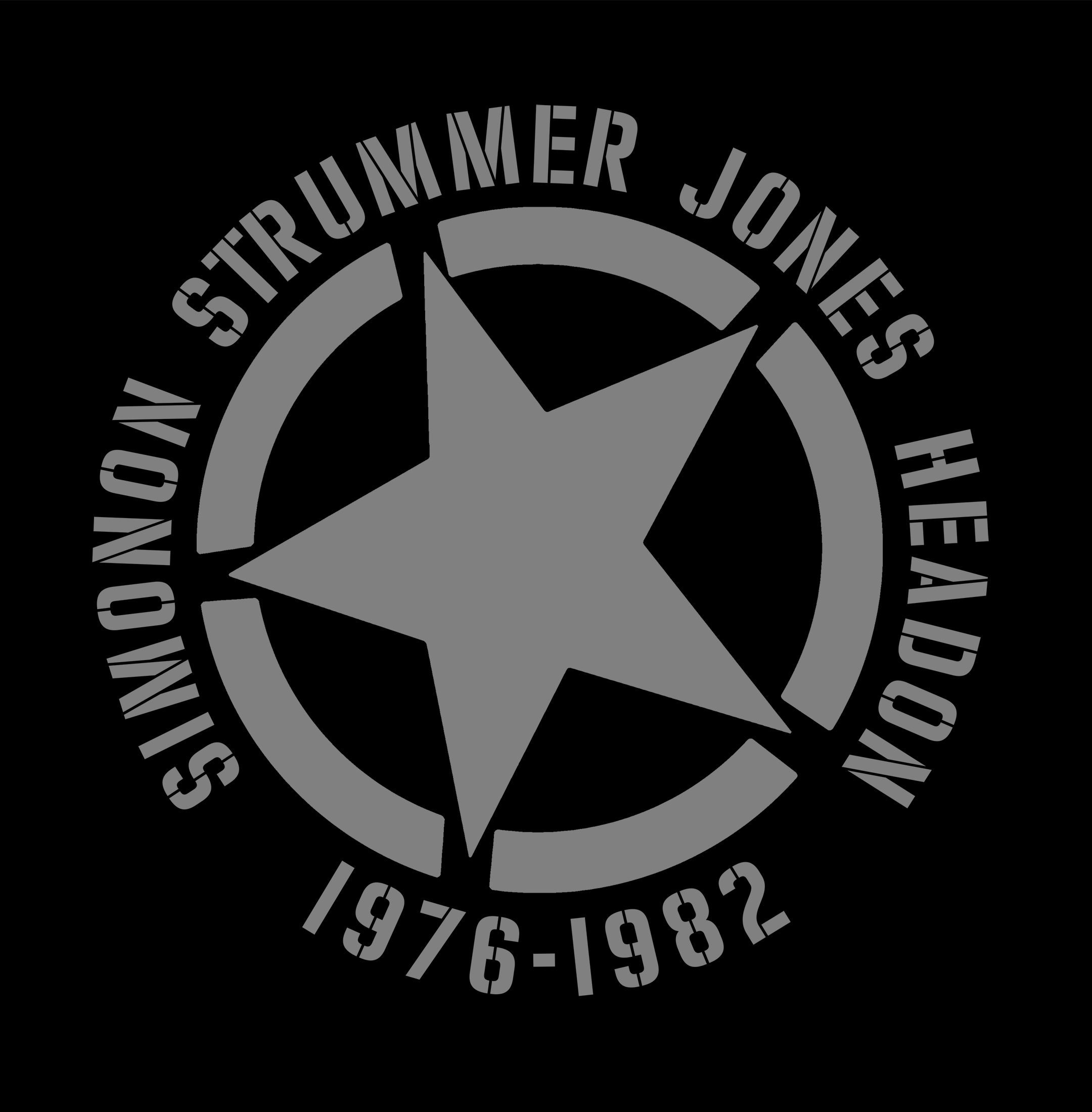
The day The Clash asked should they stay, or go?
17.09.22
Philosophy Football's Mark Perryman remembers the day Joe, Mick, Paul and Topper broke up

1982, the year of the Falklands War, Gotcha! And when the ships returned to blighty laden with troops greeted with the banner 'Call off the Rail Strike or we'll call in an Airstrike'. A Thatcherite version of patriotism triumphant complete with Michael Foot's Labour Party in tow backing the war.
Grim times, and for those of a certain musical-political disposition, the soundtrack that gave us hope, The Clash, split up. The 17 September '82 release of their single Should I Stay or Should I Go marked the end of the band's classic line up; Joe Strummer, Mick Jones, Paul Simonon and Topper Headon. Various versions struggled on for a while, and both Mick with Big Audio Dynamite and Joe with The Mescaleros went on to produce some great material. But for The Clash as we knew them. The end.
For those of a certain age four decades have passed but nothing will ever replace the sounds and the culture we associate with what seems now that remarkably short time The Clash were together, 1976-82.
In the aftermath of the Falklands War the leading left intellectual of the time, Stuart Hall, described the mood and the political consequences:
" We are up against the wall of a rampant and virulent gut patriotism. Once unleashed, it is an apparently unstoppable, populist mobiliser - in part because it feeds off the disappointed hopes of the present and the deep and unrequited traces of the past, imperial splendour penetrated into the bone and marrow of the national culture. "
But no determinist Stuart also outlined why it didn't have to be this way:
" The traces of ancient, stone-age ideas cannot be expunged. But neither is their influence and infection permanent and immutable. The culture of an old empire is an imperial culture; but that is not all it is, and these are not necessarily the only ideas in which to invent a future for British people. Imperialism lives on - but is not printed in an English gene. In the struggle for ideas, the battle for hearts and minds which the Right has been conducting with such considerable effect, bad ideas can only be displaced by better, more appropriate ones."
The Clash did that 'displacing' in a manner we could sing along with, dance to, wear as a badge with pride. Mixing Notting Hill and Brixton with Rocking against Racism and Working for the Clampdown this was a band that stood defiantly for a very different version of Englishness to Thatcherism. Robin Hood, the Levellers, Cable Street all wrapped up in black leather jackets, bandanas and Doctor Martens. English Civil War The Clash belted out but not for even a fleeting moment petty-minded nationalism, instead theirs' was the popular internationalism of the triple album Sandinista! A rebel music, home and abroad too, quite different to the more than occasionally twee so-called 'World Music' that emerged at the time.
For a generation The Clash were, and will always be the best band of all time, they might not have changed the world but they certainly changed us. They started off as a 'garage band' as proudly proclaimed on their 1977 debut album track Garageland (decades later brilliantly rewritten by punk poet Attila the Stockbroker as Farageland). Attila one of those who keeps the d-i-y rebellion spirt of the Clash alive alongside others includung Joe Solo, Robb Johnson, Jess Silk, Captain Ska, The Commoners Choir, the grassroots and local musical and poetic solidarity of the networks We Shall Overcome and Poetry on the Picketline.Billy Bragg epitomises everything Clash, for the briefest of times The Redskins had the tunes and ideas to be the next Clash but then disappeated, literally. And for a precious moment in 2017 Grime4Corbyn took Clash ideals to a new generation. But none, despite best efforts, have achieved the scale of breakthrough The Clash once managed with a musical-political legacy that four decades hence remains every bit as potent today. Back then in the the space of six years they graduated from the garage to selling out Shea Stadium, with U2 as support. Who knows what if like The Rolling Stones, The Who and U2 decades later The Clash were still with us? We'll never know, but for as long as they were with us, for as long as their legacy remains, one thing is certain, in the words of Joe Strummer ' the future is unwritten'. And for that Joe, Mick, Paul and Topper we'll always be grateful.
Further reading
Colin Coulter (ed) Working for the Clampdown: The Clash, The Dawn of Neoliberalism and the Political Promise of Punk
Gregor Gall The Punk Rock Politics of Joe Strummer

Philosophy Football's The Clash 1976-82 range is available from here